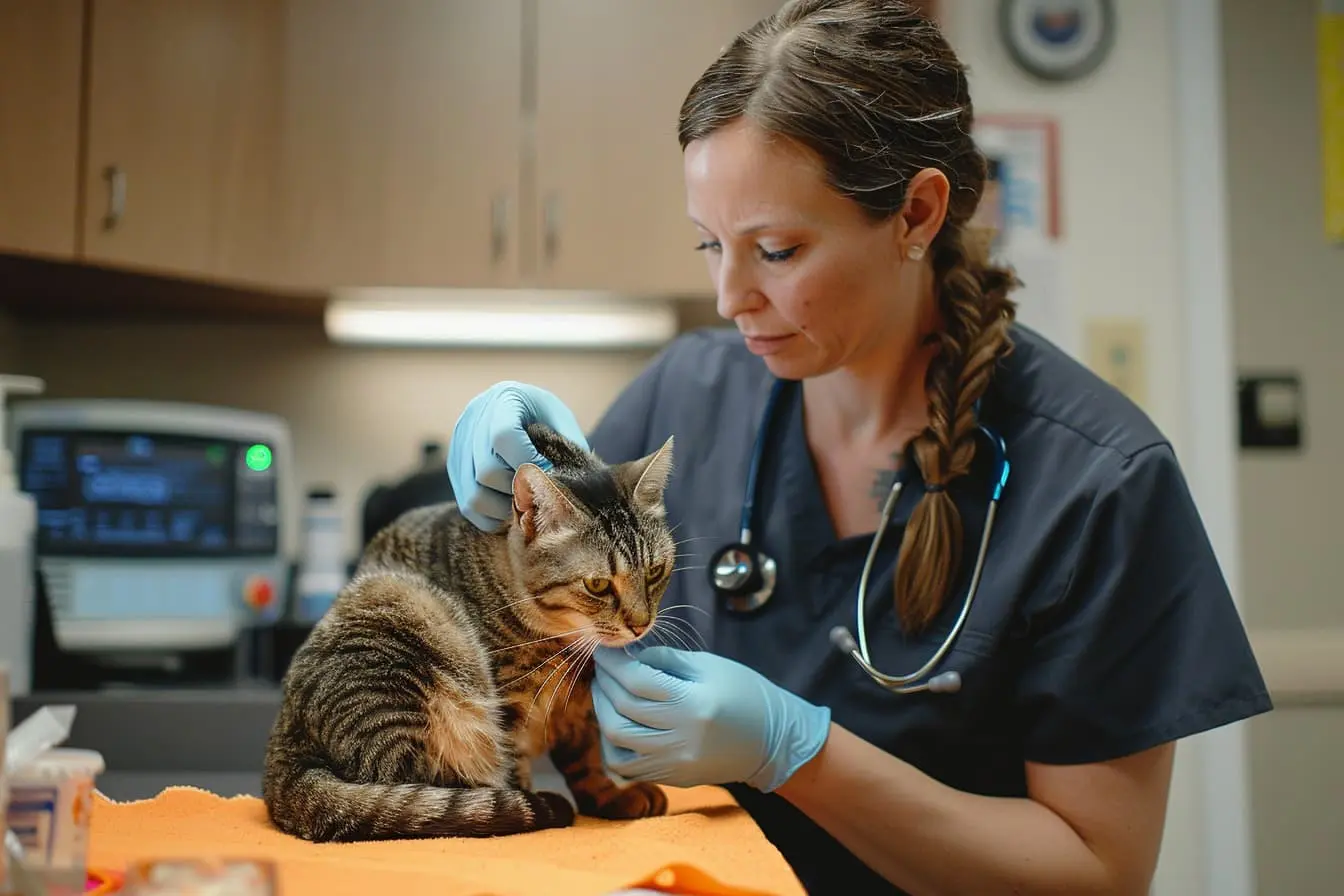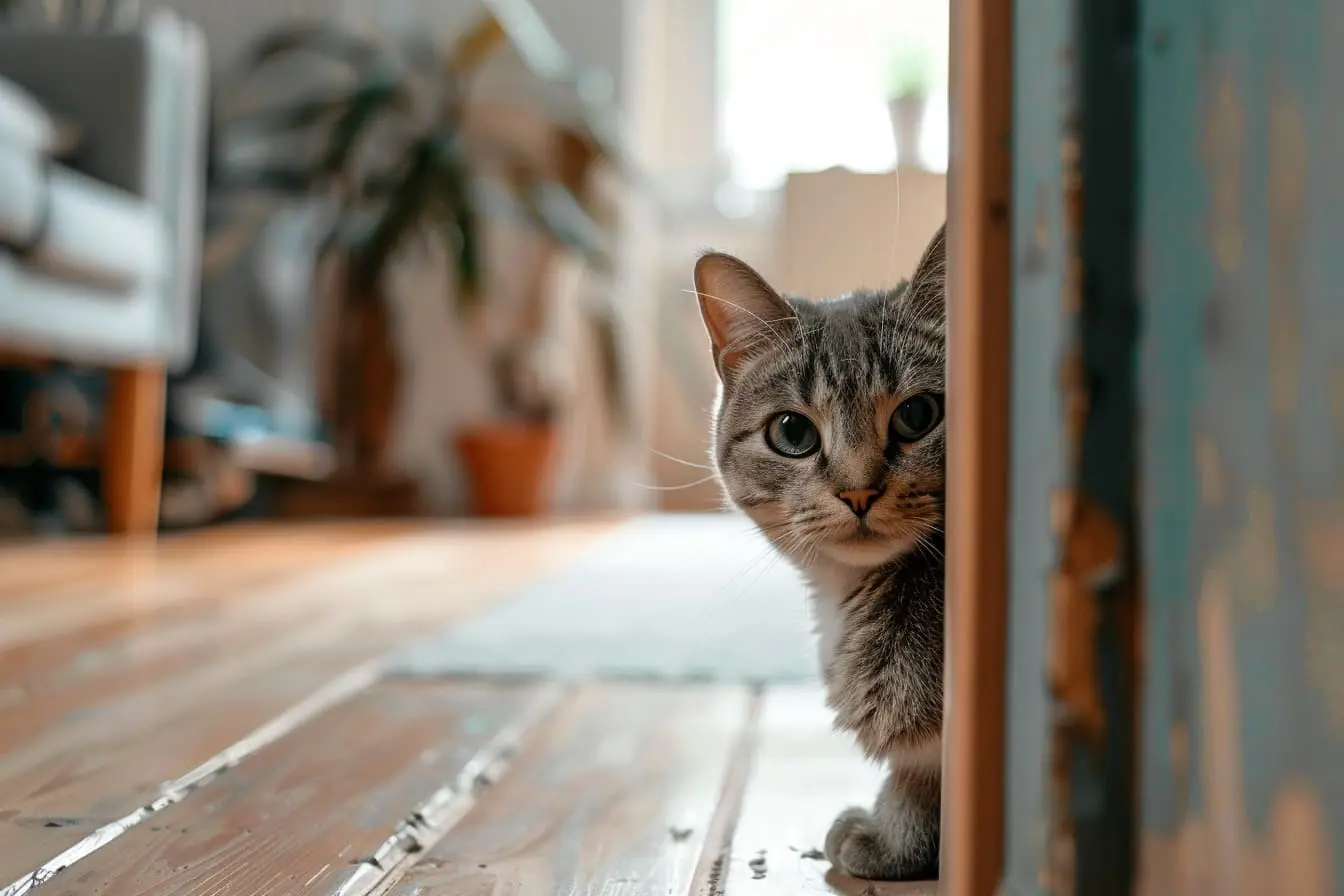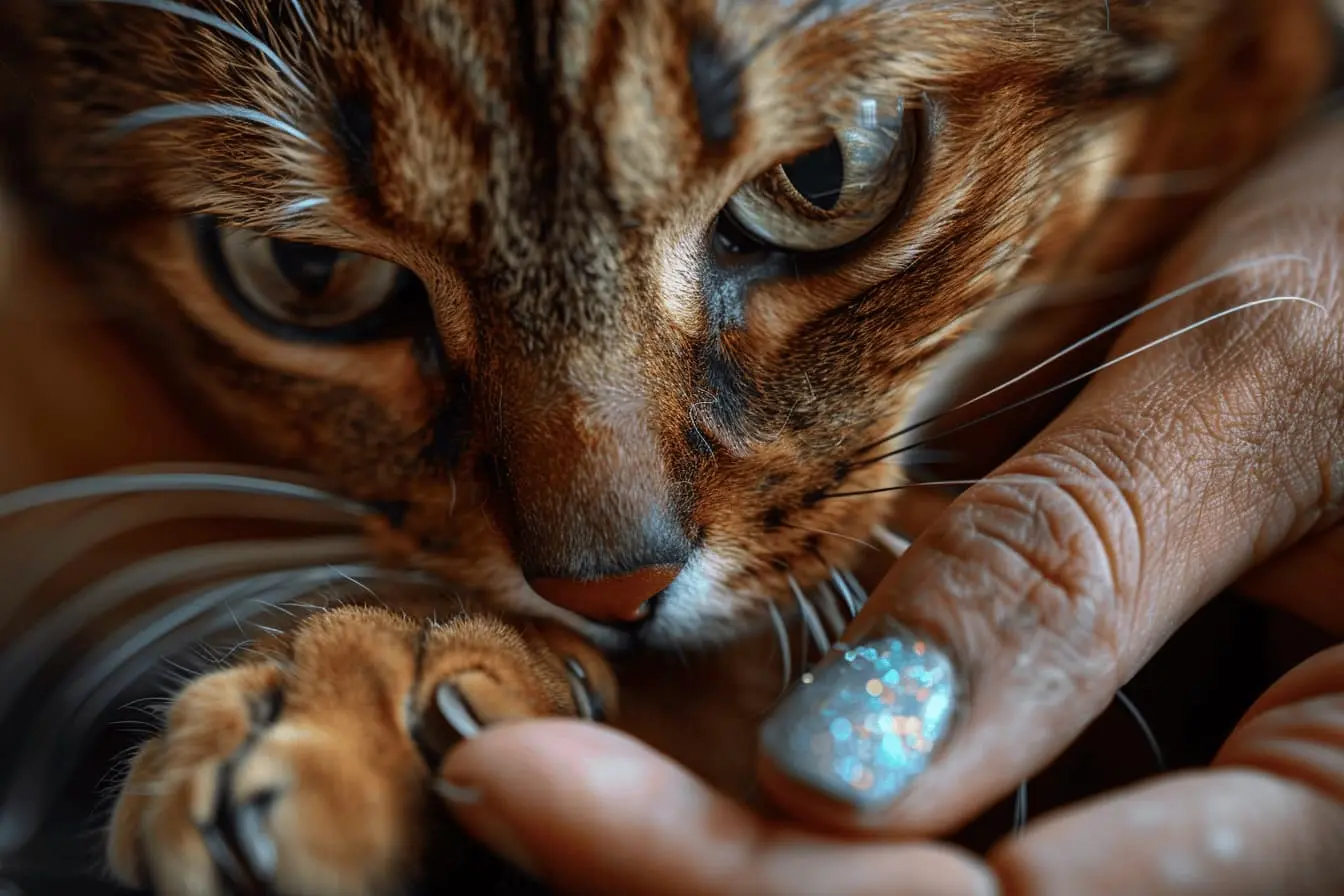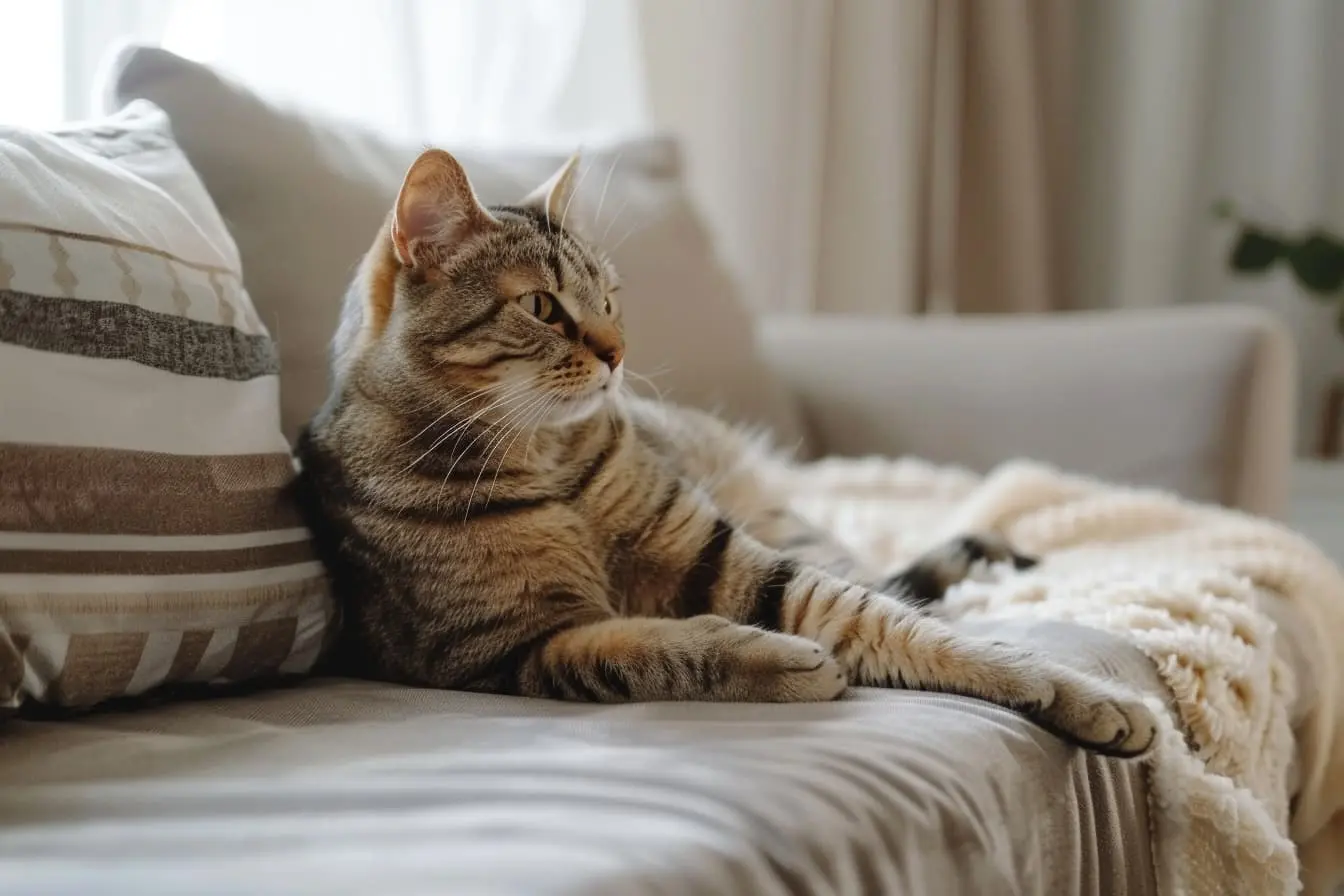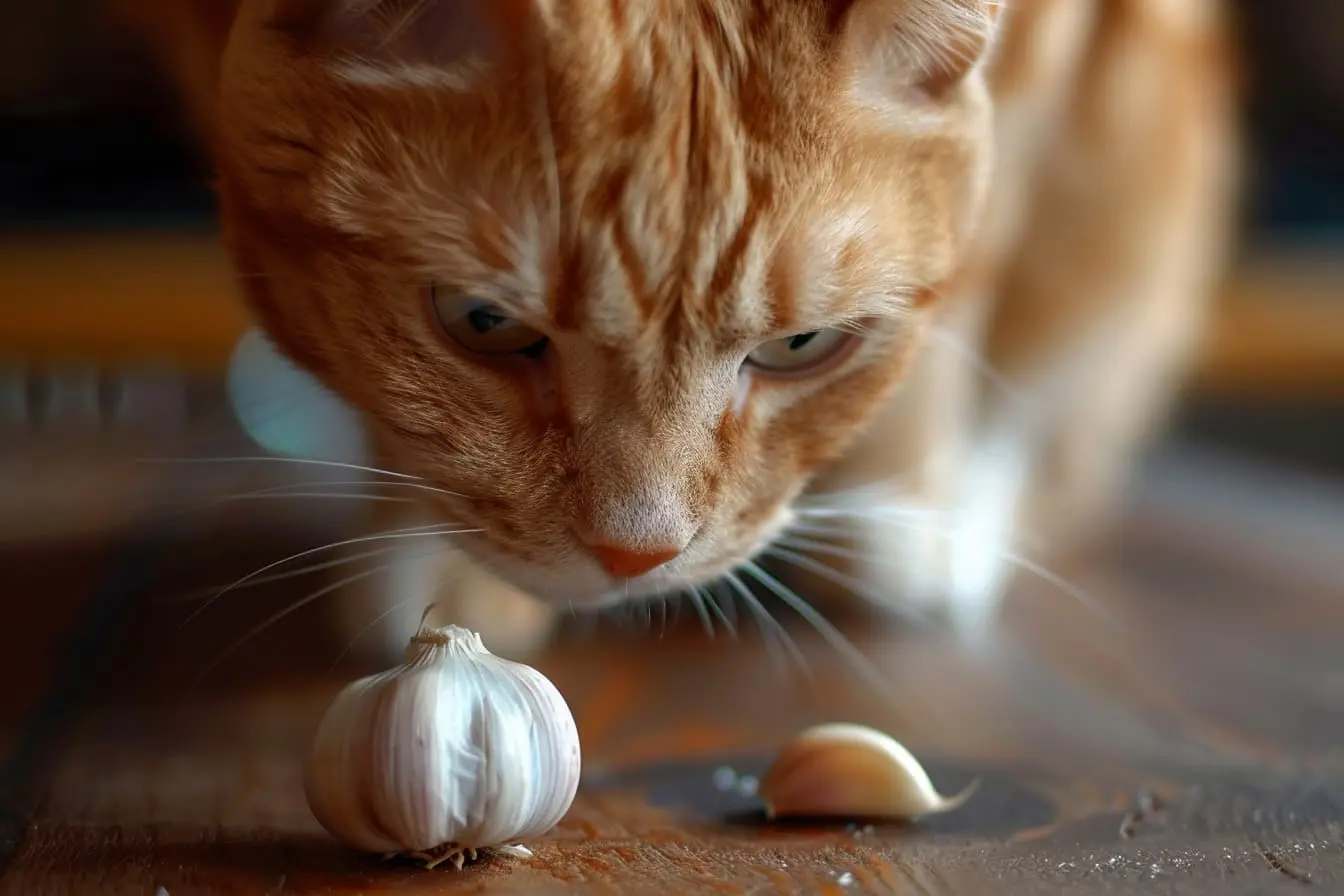
A Guide to Feline Nutrition: Foods Your Cat Should Avoid
As a new cat or kitten owner, it's essential to familiarise yourself with your feline friend's dietary needs and the foods they should steer clear of to ensure their health and well-being. Cats are obligate carnivores, meaning their diet should primarily consist of meat. However, not all foods suitable for humans are safe for cats. Here's a comprehensive guide to what your cat can't eat, helping you create a safe and nutritious feeding plan for your furry companion.
Foods Toxic to Cats
1. Chocolate and Caffeinated Beverages Chocolate contains theobromine and caffeine, both of which are toxic to cats. Even small amounts can cause vomiting, diarrhoea, rapid breathing, increased heart rate, and seizures.
2. Onions and Garlic These kitchen staples can destroy a cat's red blood cells, leading to anaemia. This includes all forms, raw, cooked, or even powdered. Symptoms of toxicity include weakness, vomiting, and breathlessness.
3. Alcohol and Raw Dough Alcohol has the same effect on a cat's liver and brain as it does on humans but takes far less to cause damage. Raw dough containing yeast can expand in your cat's stomach, causing pain and potentially twisting the stomach.
4. Grapes and Raisins Though the exact reason is unknown, grapes and raisins can cause kidney failure in cats. Even small amounts can make your cat ill.
5. Xylitol This sugar substitute found in many sugar-free foods, including gum and sweets, can lead to liver failure and hypoglycaemia in cats, characterised by vomiting, lethargy, and loss of coordination.
Foods That Are Best Avoided
1. Dairy Products Many cats are lactose intolerant and cannot process dairy products. Feeding milk or cheese can cause digestive upset and diarrhoea.
2. Raw Fish and Meat Raw fish and meat can contain bacteria that cause food poisoning. Additionally, raw fish has an enzyme that destroys thiamine, an essential B vitamin for cats, leading to serious neurological problems.
3. Bones Bones can splinter and cause obstructions or lacerations in your cat's digestive system.
4. Dog Food Occasional nibbles won't be harmful, but dog food lacks the essential nutrients that cats require, such as taurine, and should not be a food substitute for them.
5. Foods High in Fat and Sugars High-fat foods can lead to obesity and diabetes, while sugary foods can cause dental problems and obesity.
Safe Practices for Feeding Your Cat
- Always provide fresh, clean water.
- Stick to a diet specifically formulated for cats. If unsure, consult your vet for recommendations tailored to your cat's age, health, and lifestyle.
- Introduce new foods gradually to avoid digestive upset.
- Be cautious with treats, ensuring they do not exceed 10% of your cat's daily caloric intake.
By understanding and avoiding the foods that can harm your cat, you can ensure they lead a healthy, happy life. Remember, when in doubt, consult your veterinarian for guidance on the best dietary choices for your feline friend.
Vets near you
Speciality vets
- Aquatics vet specialists
- Birds vet specialists
- Camelids vet specialists
- Cats vet specialists
- Cattle vet specialists
- Deer vet specialists
- Dogs vet specialists
- Equines vet specialists
- Exotic vet specialists
- Goats vet specialists
- Pigs vet specialists
- Poultry vet specialists
- Sheep vet specialists
- Small Mammals vet specialists
- Wild vet specialists
Vet facilities
- Accessible by public transport
- Blood testing
- Car park nearby
- Client car park
- Dentistry
- Diagnostic imaging
- Disabled public access
- Flea and worm treatments
- Microchipping
- Mobile services
- Neutering
- Open at weekends
- Out-of-hours service
- Referral interests
- Referrals only
- Street parking outside
- Toilets available
- Vaccinations
